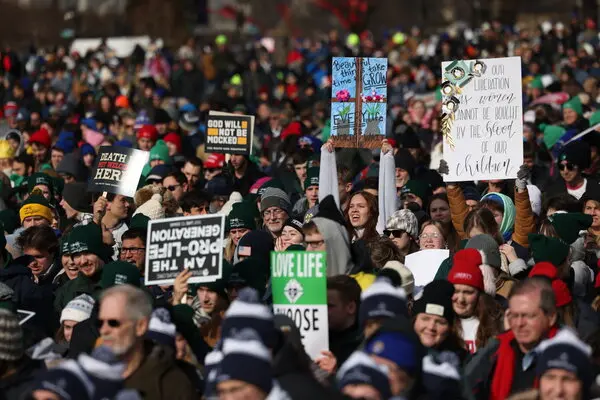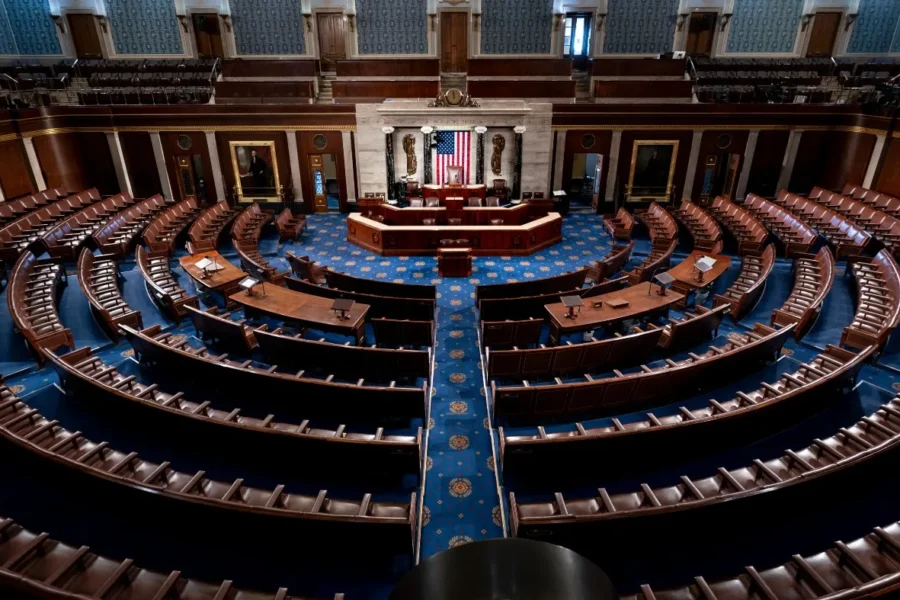Judge Kavanaugh has been criticized by some conservatives for his dissent in Seven-Sky v. Holder, the challenge to the Affordable Care Act (ACA) (Obamacare) that the D.C. Circuit addressed in 2011. (The Supreme Court denied review of the case in June 2012.)
It’s alleged that because of Judge Kavanaugh’s opinion, it was he who gave Chief Justice John Roberts the idea that the individual mandate was a tax, which induced Roberts to be the deciding fifth vote to uphold the individual mandate as constitutional as a tax in NFIB v. Sebelius in 2012.
Whether one agrees or disagrees with Roberts’ conclusion, it borders on ridiculous to suggest that the Chief Justice did not make up his own mind. It’s even more ridiculous to suggest that Judge Kavanaugh was the one and only cause of Roberts reaching his decision, as though the claim had not been raised by others, or wasn’t argued in briefs to the Supreme Court, or wasn’t debated by Justice Scalia in dissent.
But most importantly, it simply distorts what Judge Kavanaugh said in his dissent, and why.
The majority of the D.C. Circuit panel, in an opinion by the respected Judge Laurence Silberman, usually described as a “conservative,” rejected a challenge to the court’s jurisdiction under the Anti-Injunction Act and then rejected the constitutional challenge to the ACA under the Commerce Clause and upheld the ACA.
Judge Kavanaugh dissented, emphasizing that he dissented as to jurisdiction and did not reach the merits (the constitutional claim).
A careful reading of Judge Kavanaugh’s opinion shows that it reflects both judicial restraint and textualism.
He starts with a statement about judicial restraint and why he will not address the constitutionality of the ACA: “For judges, there is a natural and understandable inclination to decide these weighty and historic constitutional questions. But in my respectful judgment, deciding the constitutional issues in this case at this time would contravene an important and long-standing federal statute, the Anti-
Injunction Act, which carefully limits the jurisdiction of federal courts over tax-related matters.”
Judge Kavanaugh then proceeds to address the text of the ACA and the tax code: “[T]he Anti-Injunction Act applies to the tax penalty at issue here because of how the various statutory provisions, cross-references, and definitions in the Tax Code fit together.”
He points out that the penalty paid pursuant to the individual mandate if a person did not otherwise have proof of insurance was paid through a person’s tax returns. (Recall that accountants filling out tax returns since the enactment of the ACA have had to ask their clients for proof of health insurance; without proof, the taxpayer pays more tax on his or her return.) In addition, that penalty is codified in the tax code: “[T]he IRS — and only the IRS — may assess, collect, and enforce the tax penalty.”
The Anti-Injunction Act was important, Judge Kavanaugh explained, because “[e]nacted in 1867, the Anti-Injunction Act, with a few exceptions, denies courts jurisdiction over pre-enforcement suits that would restrain ‘the assessment or collection of any tax.’ … The Supreme Court has strictly interpreted that Act as a firm bulwark against premature judicial interference with tax assessment and collection. … The Anti-Injunction Act means, therefore, that a suit challenging the individual mandate cannot be entertained until 2015 unless Congress acts before then to exempt these suits from the Act.”
Finally, as a reason for not ignoring the AIA and for exercising judicial restraint, Judge Kavanaugh contended that the ACA raised real constitutional questions that should not be decided prematurely:
“In addition, the Government’s position on the Commerce Clause carries broad implications — far broader than its position on the Taxing Clause. Under the Government’s Commerce Clause theory, as it freely acknowledged at oral argument, the Government could impose imprisonment or other criminal punishment on citizens who do not have health insurance. That is a rather jarring prospect. The Affordable Care Act does not impose such criminal penalties. But if we approve the Affordable Care Act’s mandate under the Commerce Clause, we would necessarily be approving criminal punishment — including imprisonment — for failure to comply not only with this Act but also with future mandatory-purchase requirements. Moreover, despite the Government’s effort to cabin its Commerce Clause argument to mandatory purchases of health insurance, there seems no good reason its theory would not ultimately extend as well to mandatory purchases of retirement accounts, housing accounts, college savings accounts, disaster insurance, disability insurance, and life insurance, for example. We should hesitate to unnecessarily decide a case that could usher in a significant expansion of congressional authority with no obvious principled limit. That is particularly so given that the government traditionally has achieved its objectives in these areas through
Taxing Clause legislation that employs customary and permissible tax incentives and disincentives on certain behavior…..
Unlike some other courts that have upheld the mandate on Commerce Clause grounds and disclaimed the implications, the majority opinion here is quite candid — and accurate — in admitting that there is no real limiting principle to its Commerce Clause holding.”
One can criticize Judge Kavanaugh’s lengthy dissent, but it’s hard to argue that it doesn’t reflect judicial restraint and a serious look at the text of both the AIA and ACA.




